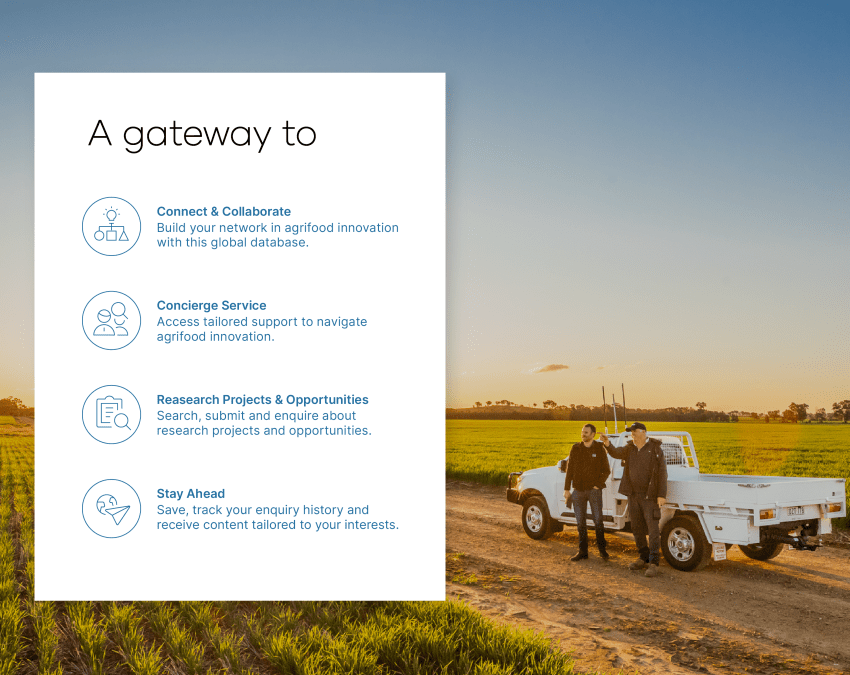
Reducing herbicide usage on sugarcane farms in reef catchment areas with precise robotic weed control
Herbicides are a threat to non-target plants and animals in rivers, creeks, coastal and inshore areas. Given that most herbicides are mobile in soil, they can be carried in run-off as evidencewd by their detection in Great Barrier Reef (GBR) ecosystems. Because of this environmental risk, a national water quality target of herbicide concentrations at the end of each catchment are low enough that 99% of aquatic species are protected by 2025.
James Cook University (JCU), in partnership with AutoWeed Pty Ltd, have developed the AutoWeed smart spot spraying system that uses deep learning to detect, and spray weeds.
This project will extend the AutoWeed technology to sugarcane, targeting grass and broadleaf weed species. In the first year of the project, hundreds of thousands of images of sugarcane farmers’ crops will be collected, labelled by a human expert, and fed into deep learning models to train the weed and crop detection system. Every time the spraying system is used it will collect more data, so the deep learning models can further improve their performance over time. The second year will focus on developing and trialling the herbicide delivery component of the project. The system designed will be detachable and scalable so it can be retrofitted to both high rise and standard booms.
Project date
Principal investigator
Project funded by

Related tags
Focus areas
Industries
Sustainabilities
Technology areas
Related research projects
Search all research projects-crop-850x675.png)
Have questions?
Find out how we can help you.
Find answers to our most frequently asked questions on research projects, commercial opportunities, organisations and more.
Still have questions or have feedback on the site? Please get in touch by completing our enquiry form.
